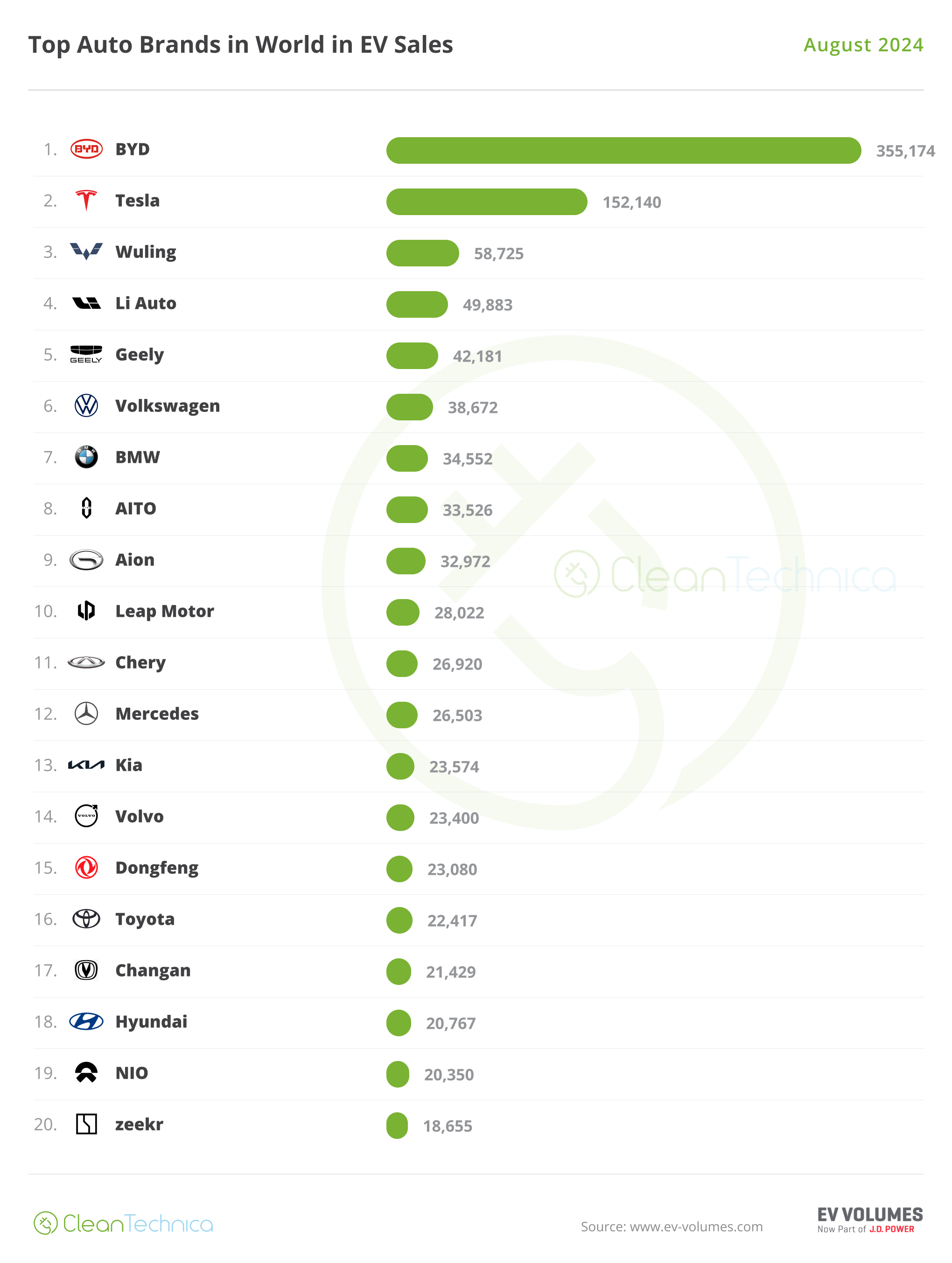
Hydrogen developer United H2 Limited (UHL) and its subsidiary H2i Technology have unveiled a hydrogen enhancement system for diesel-fuelled combustion engines.
H2i has manufactured ten commercially ready hydrogen injection kits, which can be used within current diesel-powered combustion engines to reduce carbon emissions and fuel costs for consumers and industries operating within the oil and gas and mining sectors.
According to a statement from UHL, its hydrogen system could reduce exhaust smoke from diesel engines by 49%, and exhaust opacity by 50%. It could also reduce fuel costs for consumers by 10%-20%, with greater savings coming for larger-scale engines and generators.
Research by Gordon Capital shows there are 20 million diesel generators globally that are suitable for H2i Technology’s system, the company said.
A reduction in smoke and exhaust fumes from hydrogen use could also hold health benefits within the mining industry, particularly in underground mines where ventilation is often poor.
The company is currently running final tests, which are scheduled to be completed in the next two to four weeks. The ten kits will be used to run field testing, with a roll-out to potential customers coming within the next six months.
UHL said that following this, H2i will be working towards trials with five potential customers across the steel manufacturing, agriculture, construction, mining and hospitality/tourism industries. Field testing is set to take place in Australia and the Middle East.
UHL chairman Richard Allen said: “With potential customers from major industries already engaged, H2i is on track to secure its first revenues and deliver strong growth over the next six months, which we believe will have a positive impact across the whole UHL Group.”
H2i Technology’s chairman David Vinson said: “Once the field trials with potential customers are complete, we are confident we will be able to convert field testing agreements into sales contracts and begin working with customers to reduce emissions across their diesel value chain.”
Hydrogen is rapidly becoming a key fuel alternative to fossil fuels because it is both energy-heavy and does not produce any direct greenhouse gas emissions when burned. Oil and gas producers have been increasingly adding blue and green hydrogen to their portfolios as the world moves to decarbonise the industry in line with the energy transition.




